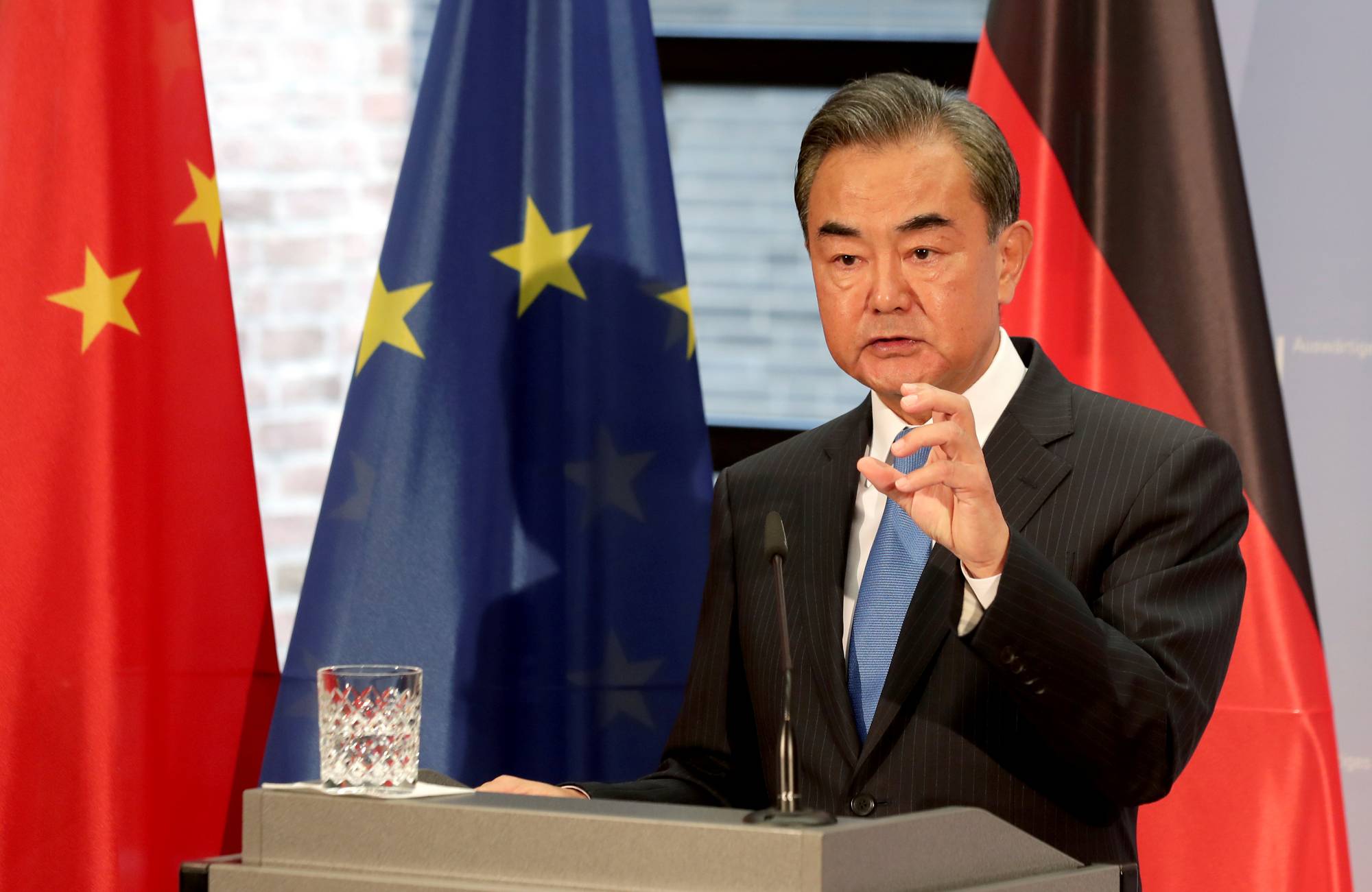In late August, China’s Foreign Minister Wang Yi toured Europe to forestall European economic de-coupling from China and to dissuade Europeans from backing America’s increasingly anti-China posture. It didn’t go well for Wang. In every capital he visited, organized protests awaited him, some including local parliamentarians. Hong Kong democracy activist Nathan Law, who recently relocated to the United Kingdom, made public statements before, during and after Wang’s visit urging European countries to be more valiant in standing up to China’s war on civil liberties.
Many observers allegedly found Wang arrogant and overbearing. German Minister for Foreign Affairs Heiko Maas criticized Wang for his “threats.” The Mayor of Prague remarked that Chinese diplomats behaved like “unmannered rude clowns.” Both French President Immanuel Macron and Italian Foreign Minister Luigi Di Maio confronted Wang with concerns about the loss of civil liberties in Hong Kong and China’s persecution of Uighurs. The European Union's foreign policy chief, Josep Borrell, called China “expansionist” and warned that Europe should move quickly to address its “excessively asymmetric” trade with China. Bloomberg’s Patrick Donahue concluded “a planned Chinese charm offensive in Europe only appears to have backfired.”
Perhaps the most interesting moment in Wang’s European tour came during a stop in Norway, home country of the committee that in about one month will announce the winner of the 2020 Nobel Peace Prize. In Oslo on Aug. 26, Wang warned against giving the award to the Hong Kong protesters who have been opposing Beijing’s creeping authoritarianism: “China will firmly reject any attempt by anyone to use the Nobel Peace Prize to interfere in China's internal affairs.”


















With your current subscription plan you can comment on stories. However, before writing your first comment, please create a display name in the Profile section of your subscriber account page.